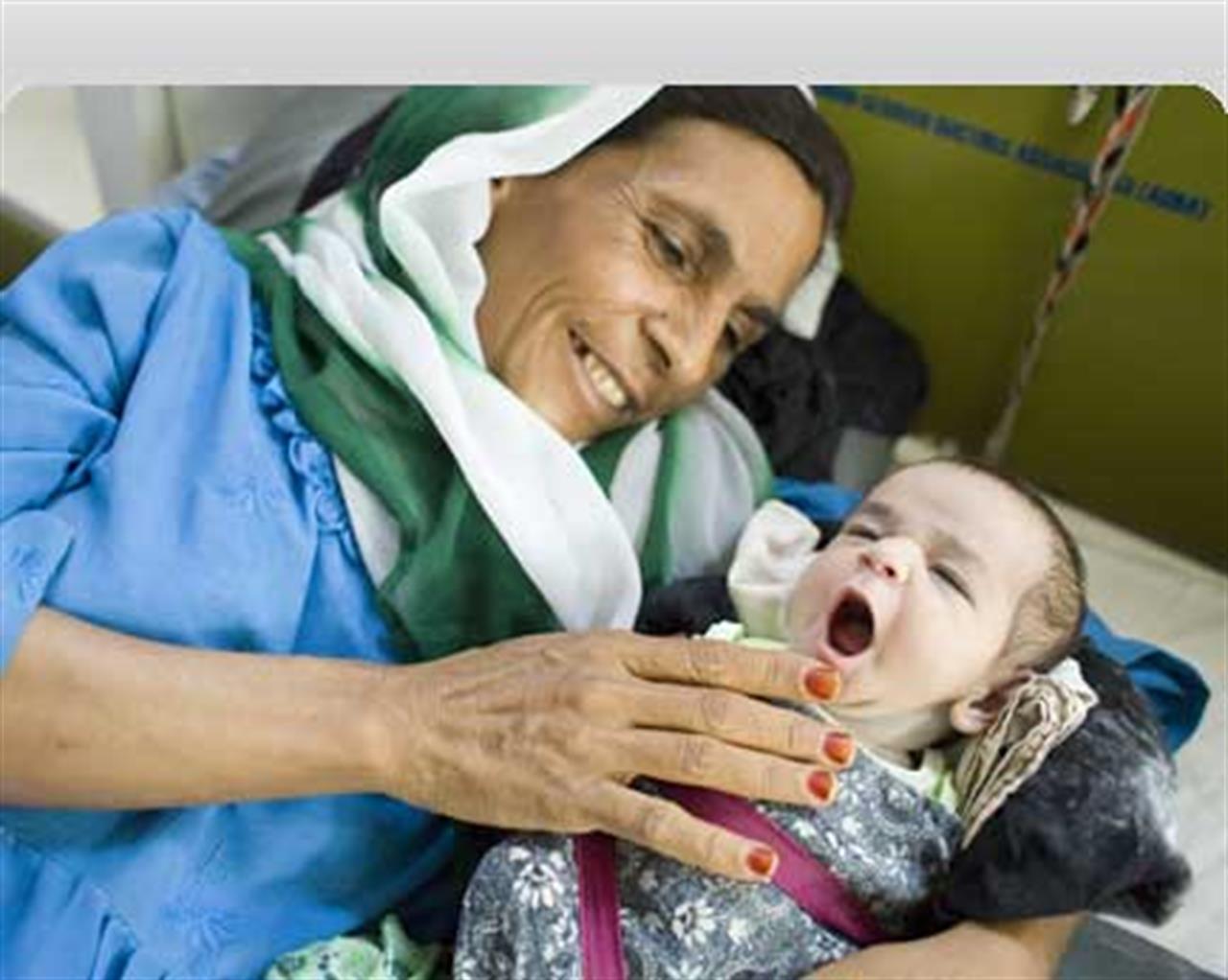Mondo
UNICEF: The state of the world’s children in 2009
UNICEF's flagship publication, launched on January 14, The State of the World's Children 2009, addresses maternal mortality, one of the most intractable problems for development work.
di Staff

According to UNICEF’s report having a child remains one of the biggest health risks for women worldwide. Fifteen hundred women die every day while giving birth making half a million mothers every year.
The difference in pregnancy risk between women in developing countries and their peers in the industrialized world is often termed the greatest health divide in the world.
A woman in Niger has a one in seven chance of dying during the course of her lifetime from complications during pregnancy or delivery. That’s in stark contrast to the risk for mothers in America, where it’s one in 4,800 or in Ireland, where it’s just one in 48,000.
According to UNICEF addressing that gap is a multidisciplinary challenge that required an emphasis on education, human resources, community involvement and social equality. At a minimum, women must be guaranteed antenatal care, skilled birth attendants and emergency obstetrics, and postpartum care.
These essential interventions will only be guaranteed within the context of improved education and the abolition of discrimination. UNICEF Executive Director Ann M. Veneman, in a forward to the SOWC report, calls on renewed efforts to prevent “needless human tragedy.”
“As the 2015 deadline for the Millennium Development Goals draws closer, the challenge for improving maternal and newborn health goes beyond meeting the goals,” she writes. “Success will be measured in terms of lives saved and lives improved.”
The State of the World’s Children 2009 examines critical issues in maternal and newborn health, underscoring the need to establish a comprehensive continuum of care for mothers, newborns and children. The report outlines the latest paradigms in health programming and policies for mothers and newborns, and explores policies, programmes and partnerships aimed at improving maternal and neonatal health. Africa and Asia are a key focus for this report, which complements the previous year’s issue on child survival.
Find out more: www.unicef.org
Download the report: here
Vuoi accedere all'archivio di VITA?
Con un abbonamento annuale potrai sfogliare più di 50 numeri del nostro magazine, da gennaio 2020 ad oggi: ogni numero una storia sempre attuale. Oltre a tutti i contenuti extra come le newsletter tematiche, i podcast, le infografiche e gli approfondimenti.
